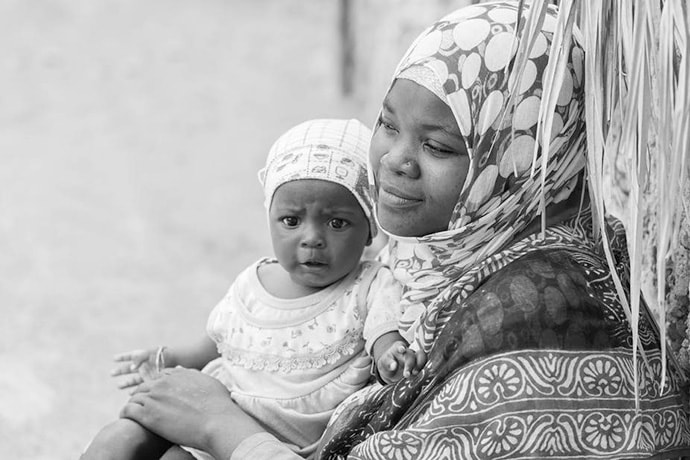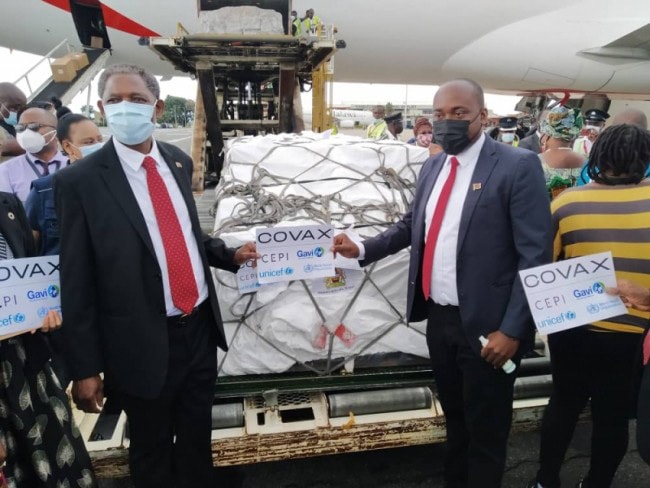Blog
Posted on July 9, 2021
By Kirsten Gagnaire, CEO, Kati Collective

Gender equity is not an add-on. It is not a “nice” or “not necessary” element of a plan. Though there are many strong leaders and inspiring initiatives in the global health community who are outspoken and actively advancing gender equality, there are still organizations that are not considering gender equity as an integral element when undertaking new initiatives and programs and when reviewing existing work. This isn’t because they don’t care – it’s because they think gender equity doesn’t apply to their particular issue.
Continue Reading
Posted on April 19, 2021
By David Inman, PE; Global Partnerships Senior WASH Technical Advisor at Water Mission

Handwashing with safe water is a vital resource for healthcare professionals in developing countries, like Kenya. Photo © Water Mission
Despite global efforts to provide water and sanitation solutions to healthcare facilities, almost 2 billion people worldwide depend on healthcare facilities without basic water services[1]. As a nonprofit Christian engineering organization that designs, builds, and implements water, sanitation and hygiene (WASH) solutions, Water Mission is working to serve vulnerable communities through sustained WASH provision. Our work to provide WASH in healthcare facilities around the world includes advocating for patient care, equipping frontline workers, strengthening health systems, and providing engineering expertise.
Continue Reading
Posted on March 9, 2021
By Emily Bancroft, President, VillageReach
I never thought I’d be so excited by pictures of boxes being unloaded from airplanes. When I saw the photos come streaming across social media this week, I breathed a deep sigh of relief. The pallets being wheeled onto the tarmac meant that COVID-19 vaccines had arrived in Mozambique, the Democratic Republic of the Congo (DRC), Côte d’Ivoire, Malawi and many other African countries. As government officials and partners began to unpack the containers, we all knew the hard work was just beginning.

Malawi officials receive COVAX delivery at Kamuza International Airport. | Photo Credit: Hope Ngwira
Over the last year, as the scientific community quickly mobilized to develop, test and produce multiple effective vaccines, the focus for VillageReach has been protecting health workers and communities against the virus. As an organization dedicated to the delivery of vaccines, medicines, supplies and information, COVID-19 vaccine delivery has been constantly on our minds. We participated in the Country Readiness and Delivery working group of the vaccine pillar of the Access to COVID Tools Accelerator (ACT-A) to help link global-level plans with country efforts.
Continue Reading


